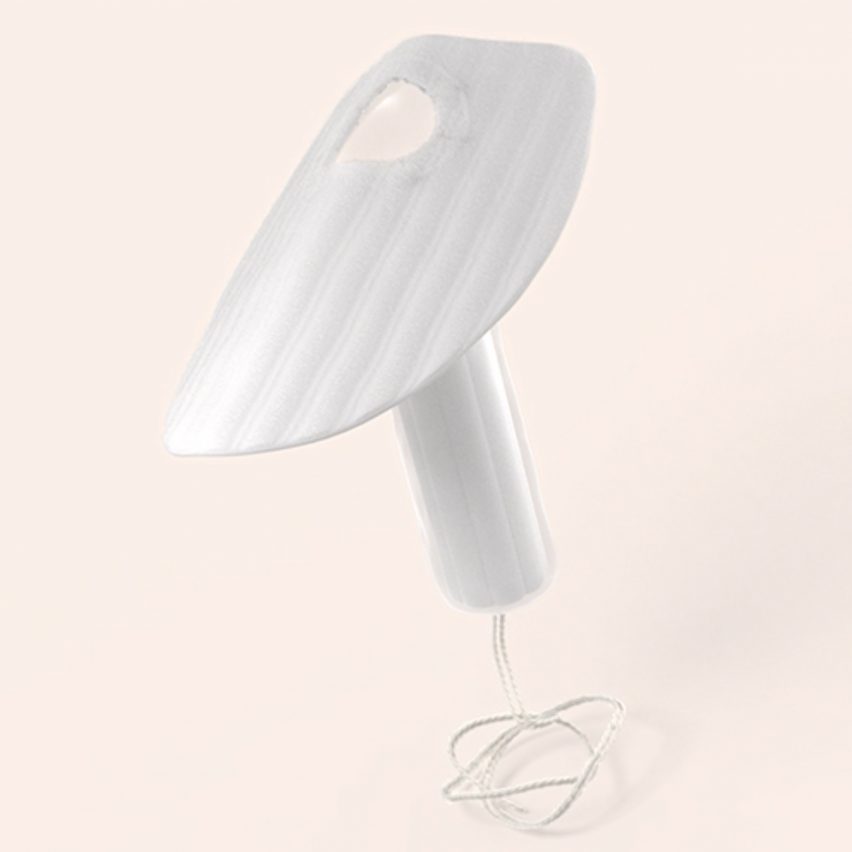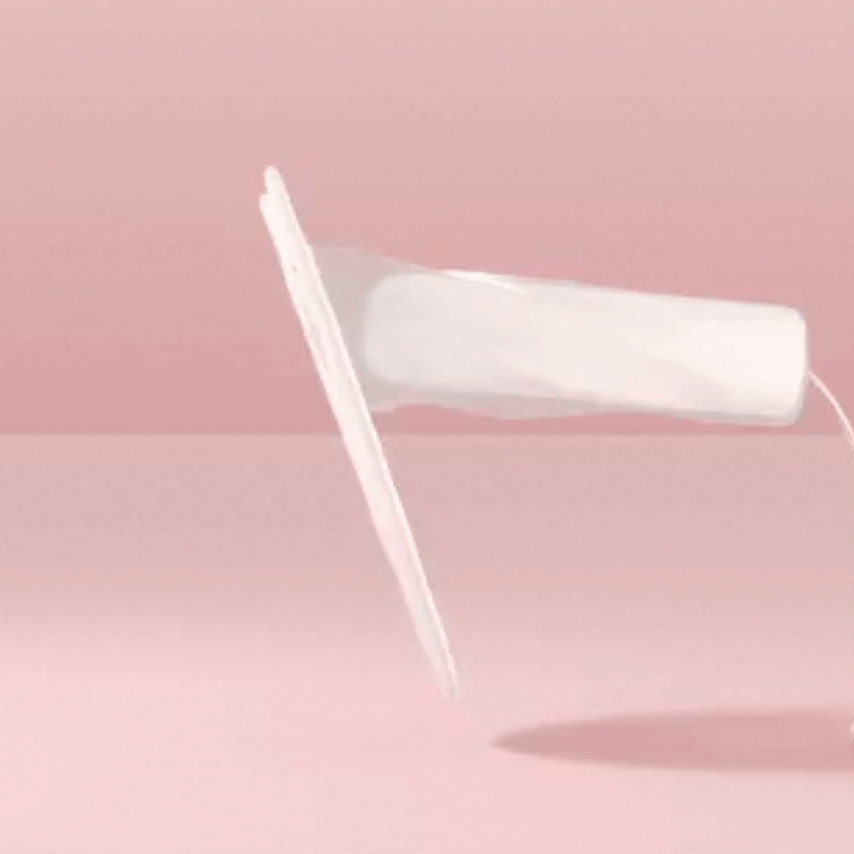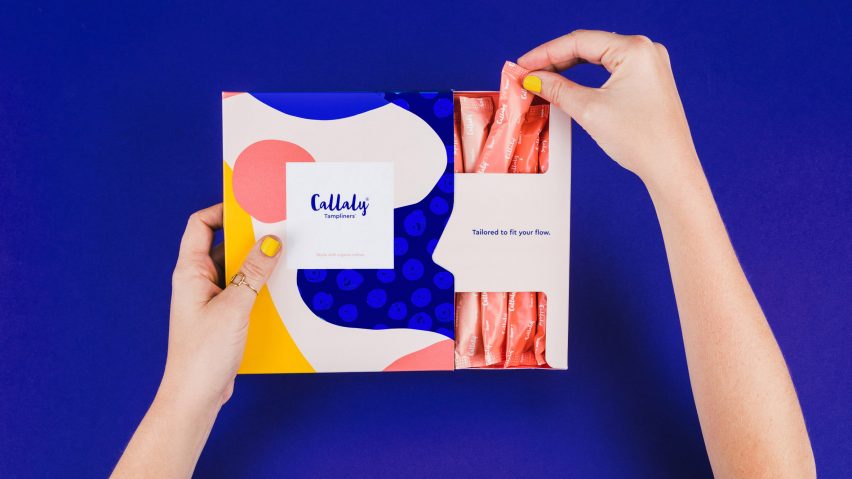Start-up company Callaly has created a new period product that combines a tampon and pantyliner, which could offer women a more trustworthy alternative to those currently on the market.
The Tampliner sees a regular tampon attached to a mini pantyliner, providing the wearer extra security without the need for a separate pad.

It was developed by gynaecologist Alex Hooi after her research revealed that while the average woman will use around 11,000 tampons in her lifetime – over a quarter of them claim to be unsatisfied their choice of product.
"Over the decades of treating my patients I heard repeated stories about the inadequacy of their period products; so many women who wore tampons didn't trust them and wore liners at the same time," she said.
"It felt like there should be another alternative to the traditional tampon and liner combination," she continued.

With the help of garment technologist Ewa Radziwon, Hooi set about designing an alternative to products currently on the market.
Over the space of five years, the duo tested and perfected different variations of the product, before arriving at the tampon-liner hybrid.
Both components are made from 100 per cent organic cotton, and are free from any dioxins, perfumes or dyes.
An applicator made of medical grade breathable membrane joins the tampon and liner together.
This membrane is worn inside the body and helps to keep the Tampliner in position. It can also be used to wrap the tampon upon removal.
"It's hard to believe that the femcare market is so unregulated when it comes to a product that it is put in or close to vaginas, the most delicate and sensitive part of a woman's body," Hooi said.
"I'm proud to lead the development of a product that truly puts women's health first; Tampliners won't leave fibres inside your body and don't contain any dioxins, perfumes or dyes," she continued.
All the products were also sterilised and manufactured in clean rooms designed for medical devices – precautions that are not legally required for female sanitary products.
"Even though there are no laws that require tampons to be sterilised – there are more regulations about how a hairdryer should be manufactured than tampons – all Tampliners are always sterilised," said Hooi.
The Tampliner is available through a monthly subscription service that can be customised to suit different cycles.
The company claims to donate a minimum of 1 per cent of sales from the subscription service, and 3 per cent of staff time to charities supporting people with periods.
Areas of women's health that were previously neglected by designers are currently coming in for attention.
Last year, design graduate Ailsa Inglis created a menstrual cup aimed specifically at young girls, with the aim of normalising alternative period products, while the Flex Company designed a tampon that allows women to experience "mess-free" sex during their periods.

